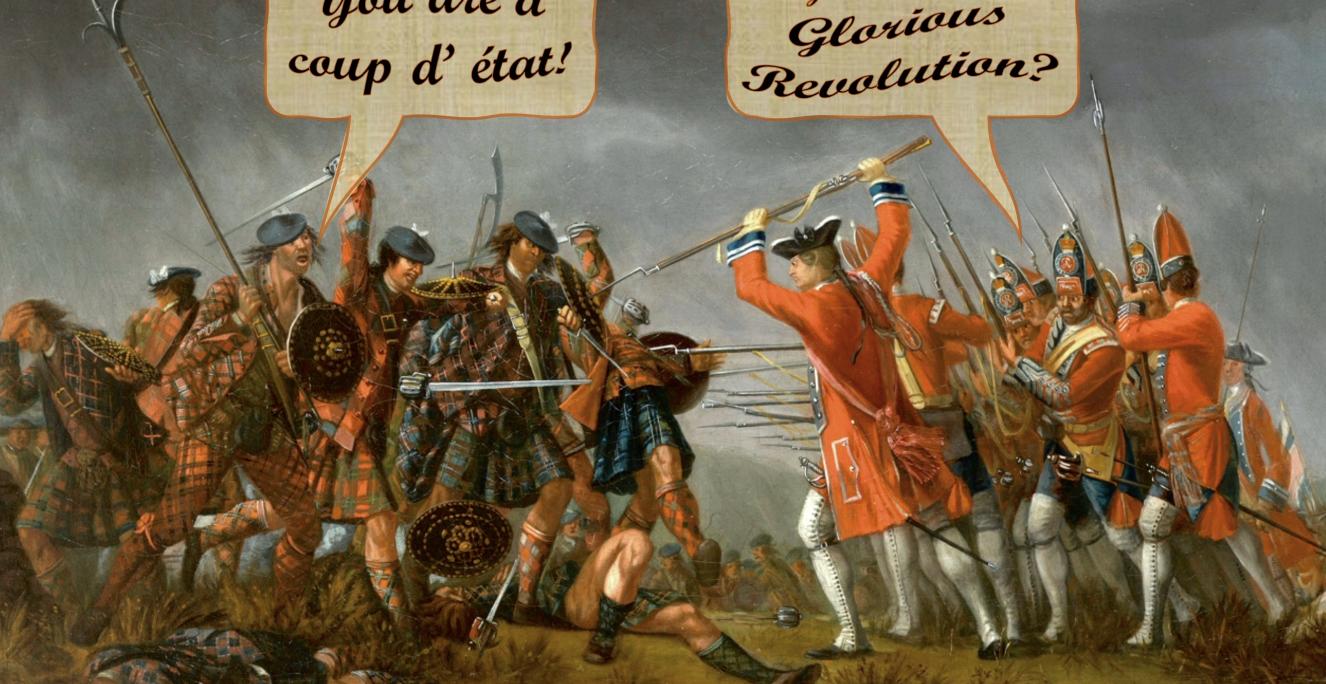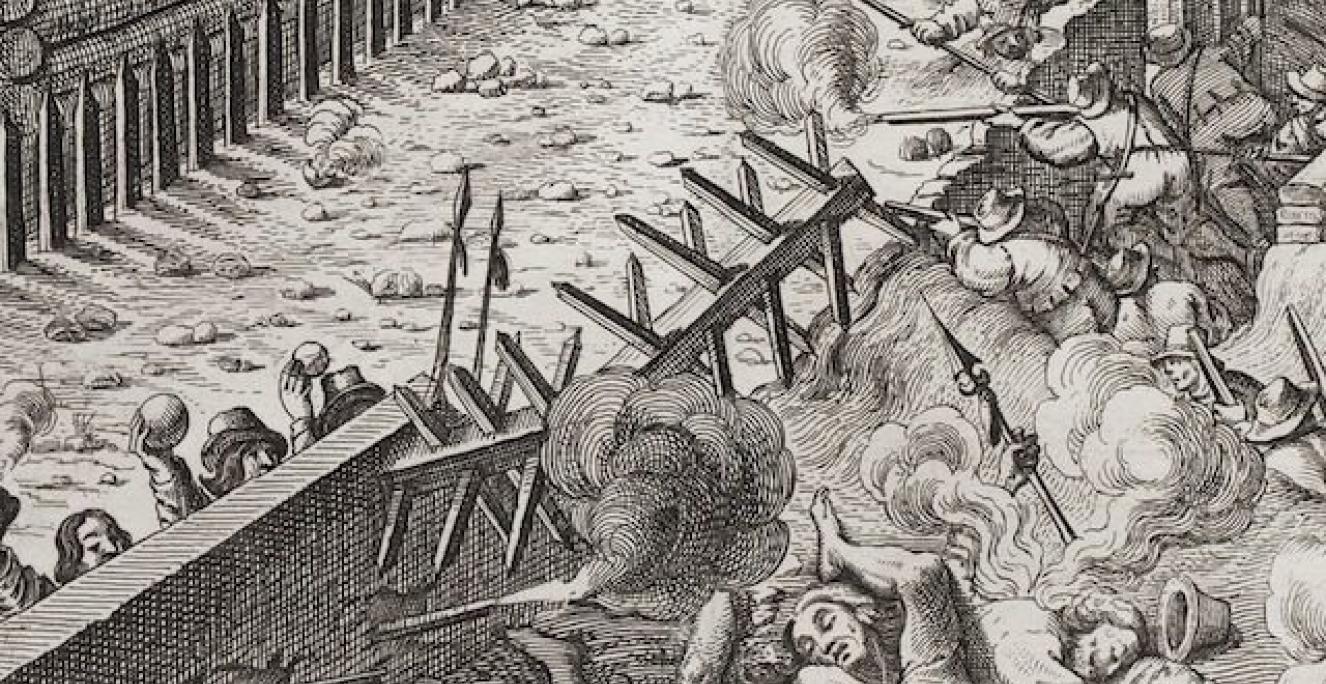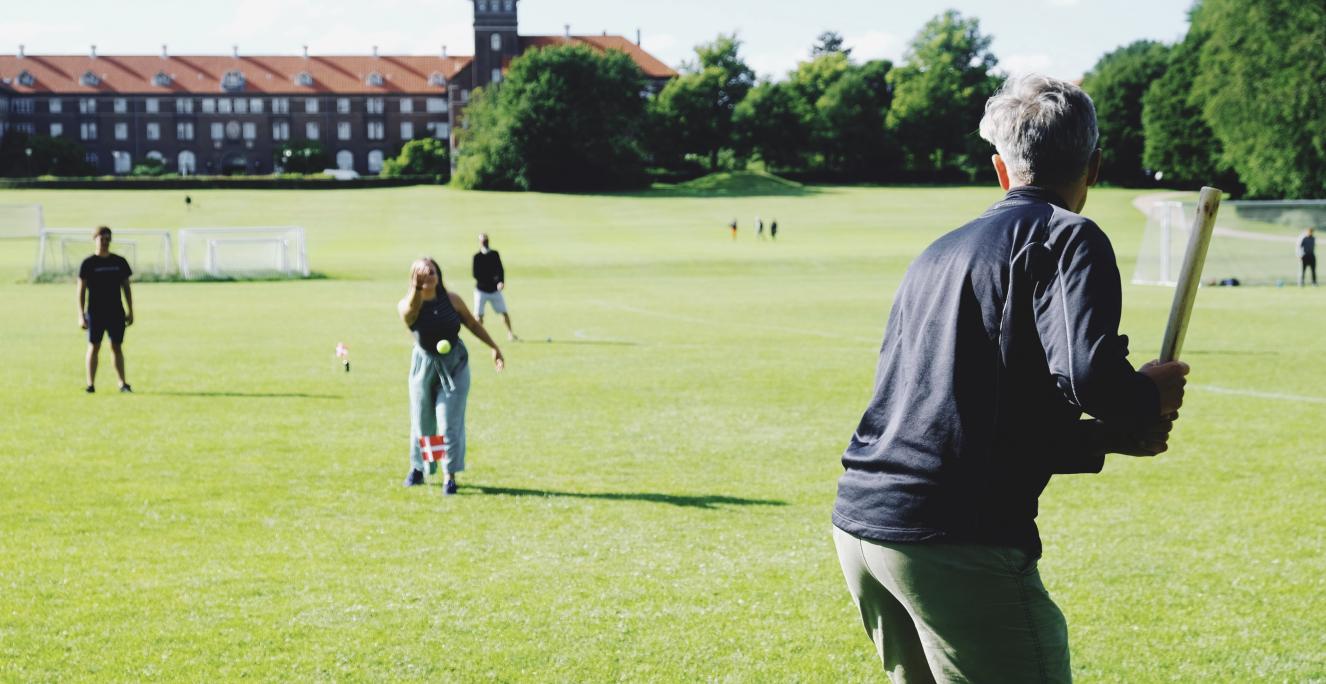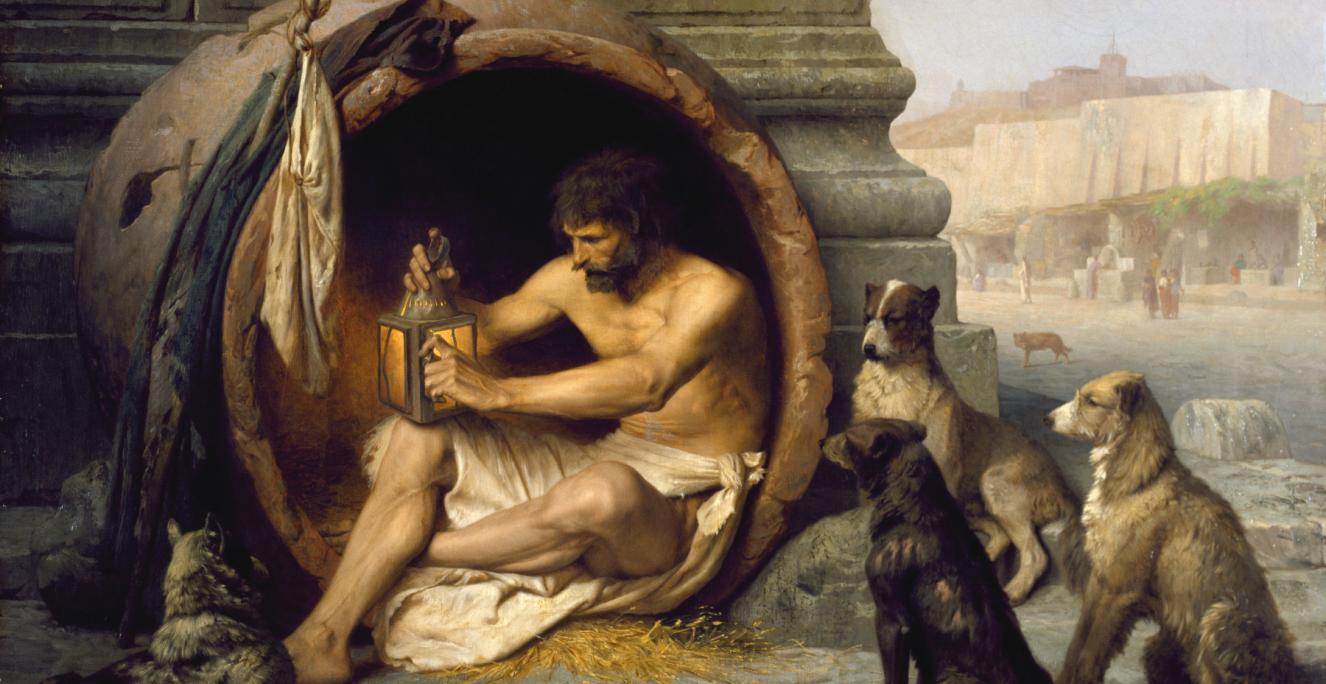Subject A
Subject A will take place on Mondays and Tuesday (6 hours pr. week).

What if we’re wrong? Political sociology and debate
We live in a plural society, where we tell our selves that we accept all ideas and concepts. We Europeans also agree that some things are just right – democracy, nationality, a sustainable future, schools, freedom of speech, human rights etc. But what if we’re wrong? This class looks critically at our imagined ”rights” and asks the question: Can we do it another – a better – way?
The class will be a mix of theory and discussion; the point is to look at things you already know a lot about and then use theory and debate to twist and turn your own arguments. The aim of this class is not to teach you how the world is or should be; the aim is not to tell you that you are wrong, but open your mind to the idea that you could be wrong - open your mind to other opinions and legitimate views on topics, where you take your own opinion for granted. Expect to become more confused, but on a higher level.
Teacher: Jens Horstmann

Cultural History from and for minorities
In this subject we dive into the diverse subject of cultural history. What is culture? How and why do we divide people from their cultural perspective? What is history and why is it interesting? Which historic myths do we all use as common knowledge and reference points? The course explores different minorities' history and current life situation.
Teacher: Ditte Kröner

Majority and minority sports
If you love to be active physically, and if you love to compete with yourself and others, this subject is the right thing for you. Together we will explore different kinds of sports, and learn how sport can help us to understand ourselves, each other, and societies.
We will dive into sports connected to different national minorities e.g. fist ball (“Faustball”) or round ball (“rundbold”), and you might try something you have never tried before. In addition, you will have influence on what we do and how we spend our time together.
The objective for this subject is not to make you the perfect and competitive athlete, winning every competition. On the contrary, the objective for this subject is to show how you can use your body and your mind in different contexts, and to show how you can support yourself and your peers in different situations.
Be aware, participation in this subject might lead to better shape!
Teacher: Jonas Voss

Art
Art asks questions and challenges both the one who experiences it as well as its creator. Art involves different crafts and techniques, but is also about experimentation, expressing yourself and communicating with the outside world. In art lessons, you have the opportunity to immerse yourself in your work, a process that is both challenging and confrontational. During this course, you will get the opportunity to work with:
Drawing: Drawing is the foundation of all art courses and the easiest place to start. You will learn to see contour and how to sketch drawings with both pencils and ink. The aim is to give your drawings life, vibration and expression.
Painting: The starting point is the modern canvas painting, where we create images with brushes, scrapers and palette knives on canvas or plate. You will initially receive a few bound assignments and lectures in color theory and composition.
Sculpt: The body of the sculpture is the starting point. Learning to see the contour with pressure points of the form is important in order to maintain the firmness of the body. Experimenting with material and form in three-dimensional experiences is both challenging and engrossing. You can work with widely different materials such as granite, wood, clay, plaster or wax in both bound and free tasks.
Teacher: Ole Præstkær Jørgensen